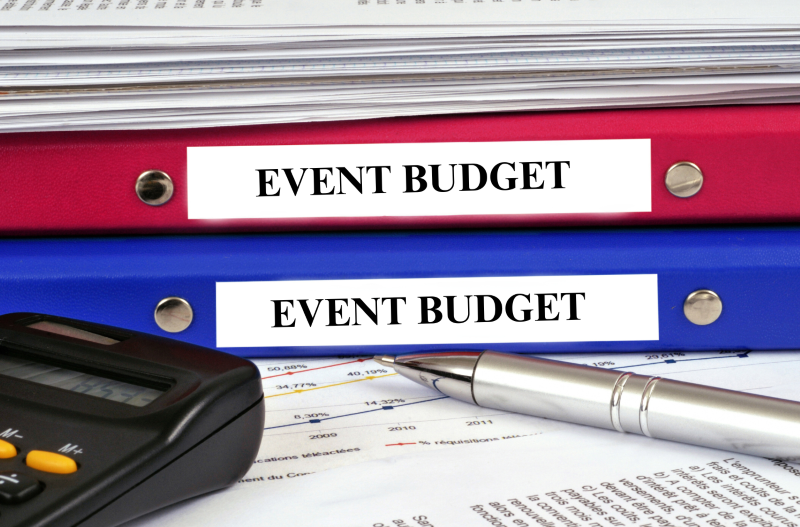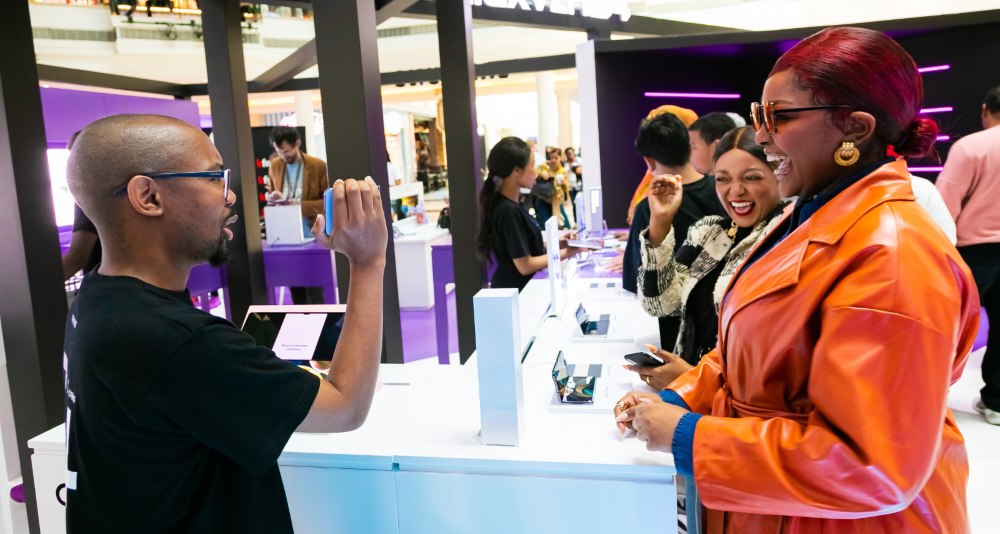Trade shows represent a significant investment for businesses, requiring detailed planning and budgeting to ensure a successful outcome.
Whether you're a professional exhibitor attending your 100th event or a newcomer to the trade show scene, managing your budget effectively is essential for achieving your marketing objectives and business goals.
In this blog post we’ll explore the cost breakdown and considerations of your trade show budget as well as some budget best practices to maximise your ROI and overall event success.
Set Your Event Objectives
Before looking into the finer details of a trade show such as fellow exhibitors and key speakers, it's crucial to establish clear objectives. Determine what you hope to achieve from your participation, whether it's generating leads, showcasing new products, or increasing brand visibility. These objectives will serve as the guide for your budget allocation, helping you prioritise the expenses accordingly.
Stand Costs and Considerations
Researching the costs associated with trade show participation is the next crucial step. Beyond booth rental fees, consider expenses such as booth design, promotional materials, travel, accommodation, and staffing. Let's break down these costs to give you a clearer picture:
Stand Rental
The average exhibitor spends 40% of their budget on the cost of the stand by itself and prices can vary depending on size and location within the event. Some events may also charge extra amenities such as power, exhibitor networking and food packages. Stands for small events up to regional expos can cost between £200-£5000.
Stand Design
Investing in an eye-catching stand design is essential for attracting visitors to stand. Costs for stand design can range from £500 to £3,000, depending on the complexity of the design and the materials used. For an extra eye-catching stand, consider a digital game or app to inform visitors as well as increase engagement with your business.
Promotional Materials
Promotional materials such as banners, brochures, and giveaways are essential for showcasing your brand and attracting attendees to your stand. Budgeting around £500 to £1,000 for promotional materials should be sufficient to create memorable experiences even after the event.
Travel and Accommodation
Depending on the location of the trade show or expo and the duration of your stay, travel and accommodation expenses can add up quickly. Budgeting around £500 to £1,000 for travel and accommodation should cover transport, hotel stays, and meals for your members.
Staffing
Don't forget to budget for staffing costs, including wages, meals, and travel expenses for your stand staff. Depending on the number of staff members and the duration of the trade show, budgeting around £500 to £1,000 for staffing should be sufficient.
Budget Best Practices
- Research Costs: Research the costs associated with participating in different trade shows. Stand fees, electricity, Wi-Fi, furniture rental, signage, and promotional materials are some common expenses to consider. Additionally, factor in expenses for staff travel, accommodation, meals, and transportation to and from the event venue. Understanding the full scope of expenses will help you create a comprehensive budget. You should also consider adding in a buffer (10-20% of your overall budget) in case any prices increase through the planning stage.
- Negotiate Where Possible: Don't hesitate to negotiate with event organisers or vendors to secure the best possible deals. Many organisers offer early bird discounts or package deals that include booth space, marketing opportunities, and additional perks at a discounted rate. Similarly, vendors may be willing to offer discounts or flexible payment terms if you commit to larger orders or long-term contracts.
- Prioritise Essentials: Allocate your budget to essential expenses that directly contribute to your event success. Invest in eye-catching booth design, high-quality promotional materials, and engaging demonstrations or presentations to attract attendees to your stand. Focus on creating a memorable experience that effectively showcases your brand and offerings.
- Explore Cost-Saving Alternatives: Look for creative ways to reduce costs without compromising on quality. Consider sharing stand spaces or partnering with complementary businesses to split expenses. You may also want to consider digital marketing materials and electronic lead capture tools to minimise printing and shipping costs.
- Track Expenses Closely: Keep track of your expenses throughout the event planning process to ensure that you stay within budget. Use budgeting tools or spreadsheets to monitor spending and identify any areas where you may be overspending or underspending.
- Evaluate ROI: After the event is over, evaluate the return on investment (ROI) of your exhibitor experience. Measure key metrics such as lead generation, sales conversions, brand visibility, and overall engagement to determine the effectiveness of your investment. Using this data can help to build future budgeting decisions and refine your overall event strategy.
Final Thoughts
Navigating the world of trade shows requires a strategic approach to budgeting in order to maximise your return on investment and achieve your marketing objectives. Setting clear event objectives provides a roadmap for budget allocation, allowing you to prioritise expenses effectively.
Understanding the costs associated with trade show participation, from stand rental to promotional materials and staffing, is essential for crafting a comprehensive budget. By following best practices such as researching costs, negotiating where possible, prioritising essentials, exploring cost-saving alternatives and tracking expenses closely, businesses can ensure that their trade show investment yields the desired results.
With this careful planning, trade shows can be a valuable marketing channel for driving business growth and increasing brand awareness where exhibitors can achieve their event objectives effectively and maximise the impact of their participation in trade shows.
For more best practices and helpful tips for exhibiting at events, check out our insights.







